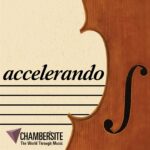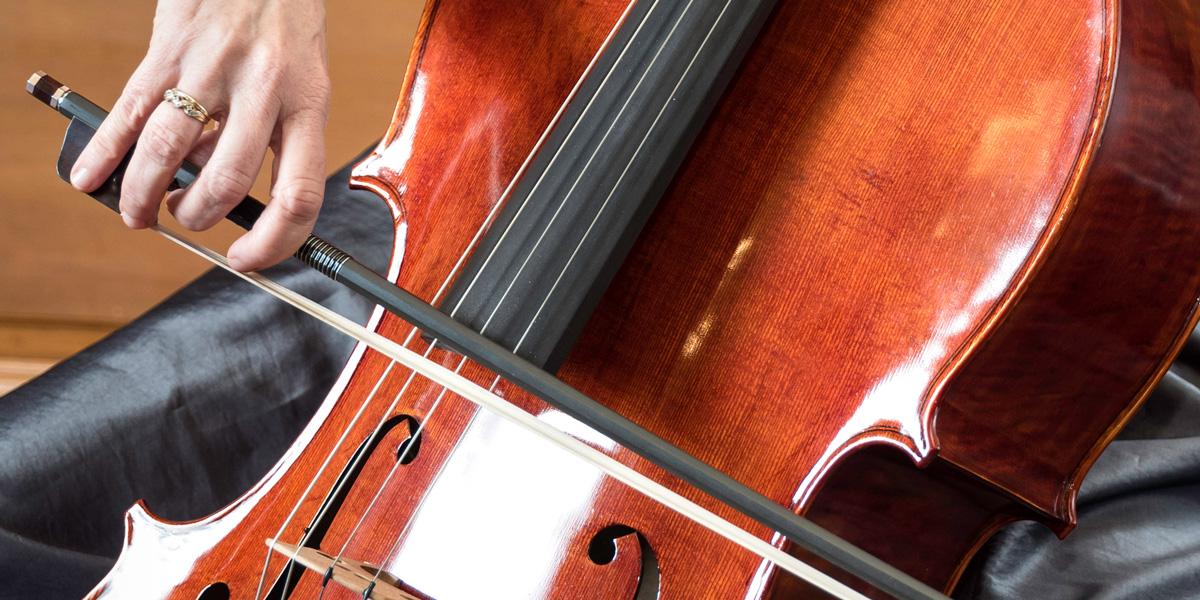
Applying scientific knowledge to music inevitably changes the course of what gets published, what gets popular. In the earliest electrical adaptation- the phonograph- we find certain instruments and certain ranges work better than others. As a result some artists’ careers are defined by the invention of the phonograph. Also- particular instruments became associated with certain genres of music simply because they sounded the best on the discs. Finally, the recording process prompts innovation in the studio when a musician has to improvise on the spot, creating a new type of Jazz.
More in the show notes at https://accelerandocast.com/show_notes/
